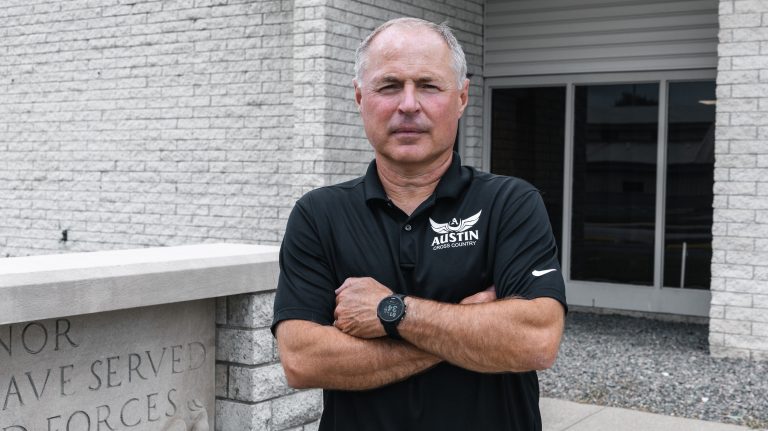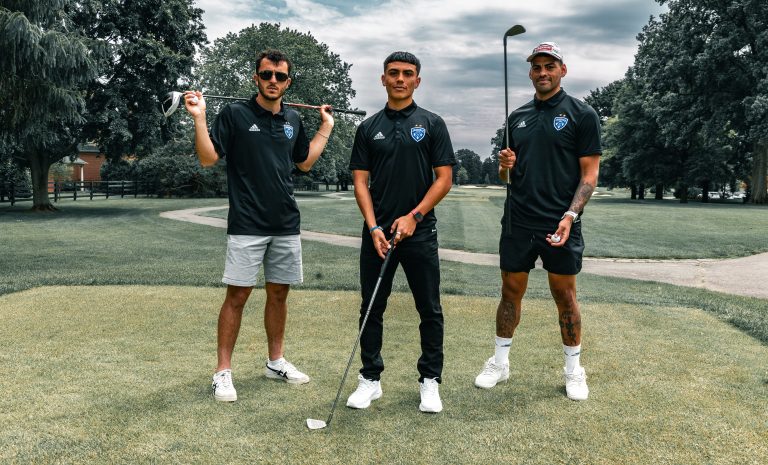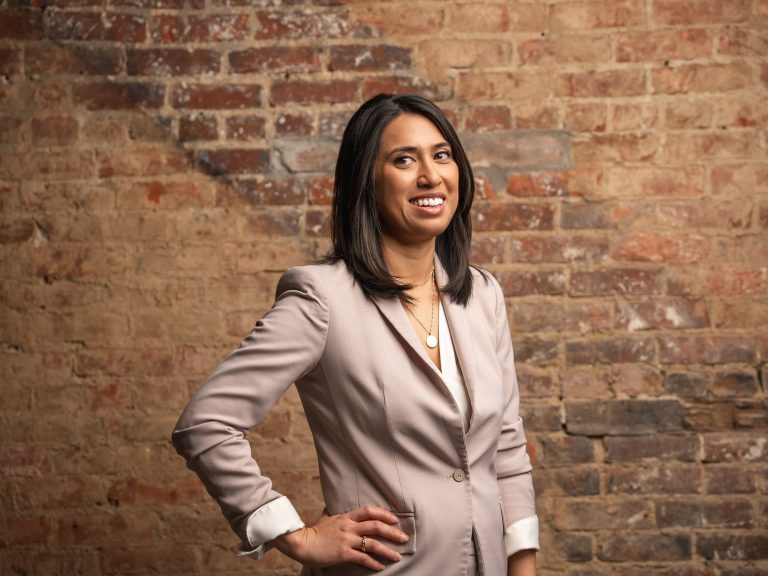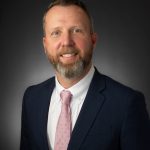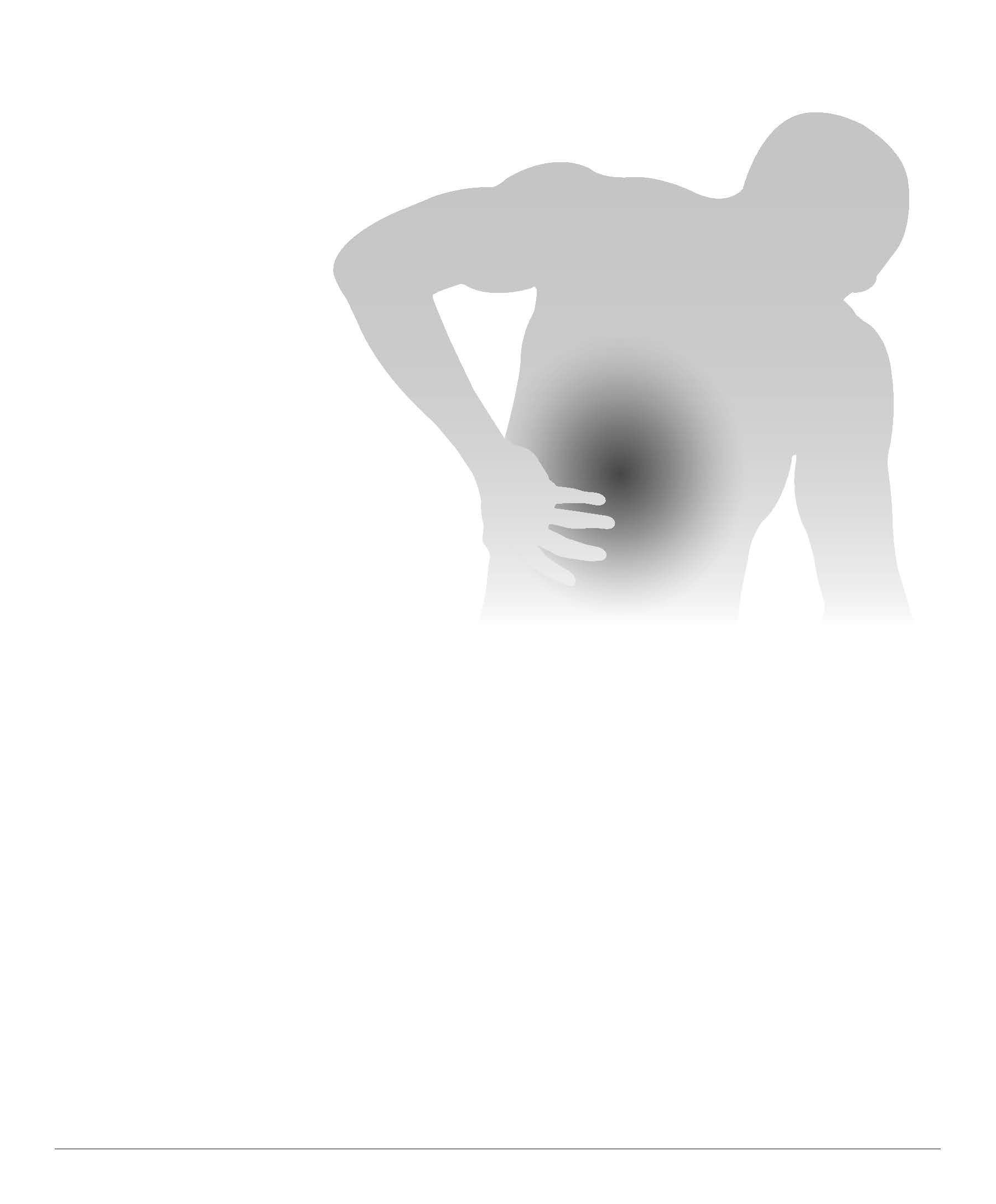
Pain is not always a matter of who you are or what you do. Remember that old adage: You are what you eat.
By Steve Kaufman
In November, I began telling you about my journey with everyday pain, a journey that would take me to a pain medicine specialist.
First, though, I brought the subject up with my primary care physician. In my insurance PPO (Preferred Physician Organization), I had to get a referral from the primary doc before I could move on to a secondary specialist.
He scoffed.
“All they are is pill-pushers,” he said. “They’ll take your money and prescribe a whole bunch of tests and medicines.”
Well, medicines didn’t sound all that bad – especially since all he was prescribing were hot baths, cold compresses and plenty of sleep.
You may recall, from last time, that I was drawn to Dr. Michael Cassaro, a pain medicine specialist in Jeffersonville. So imagine my surprise when the first thing the nurse said when I called for an appointment was, “Dr. Cassaro doesn’t prescribe medicine. If that’s what you’re looking for, we suggest you contact someone else.”
“If I said I was going to prescribe pain medication, I’d have a line around the block,” Cassaro told me later, during our first appointment. “But I’ve decided I don’t want to do that. When I tell people I don’t prescribe pain medication, I end up seeing the people who want to get well instead of the people who kind of like being sick. Then we’re all on the same page for me to help them.”
Okay, so much for the “pill-pusher” charge. Encouraging.
Cassaro’s office is immediately off of the Clark Memorial Bridge if you’re going there from Louisville, a long strip of one-story medical offices. It somehow comforted me that the office was unremarkable, a suite of functional examination rooms. Anything much fancier would have given me concern about his motives. Anything much less fancy would have given me concern that this practice of medicine was somehow operating on the margins of the AMA’s ethical guidelines.
I know, it sounds paranoid. But this was all new territory to me.
So where do these pain medicine specialists come from? In Cassaro’s case, it was from the world of anesthesia – which is a form of pain-management, of course, though only in the most extreme circumstances.
Why did he abandon anesthesia for the pain-management sub-specialty? “Because, in anesthesia, my patients are asleep,” he explained. “I prefer working with people who are awake, who’ll remember me, who are appreciative of what I did for them. I’m a people person.”
That was evident from the moment I entered his exam room. He felt my areas of pain, poked here and prodded there, had me bend this and flex that. He watched me stand and walk. He looked at my hands and feet, elbows and knees, wherever my chronic pain often erupted.
But mostly we talked. For the better part of two hours. There was no rushing through this. And he listened!
He asked me some of the usual questions: How I slept. How I ate. But he seemed to absorb what I said. And he never resisted a follow-up question from me. He even seemed to enjoy the back-and-forth. This was a conversation we were having.
What he said about diet was the most eye-opening – especially sugars. Not just table sugar, but all the hidden sugars in just about everything. He analogized it to a toothache.
“Have you ever had a cavity and eaten a candy bar?” he asked. Who hasn’t?
“Sugar is an irritant,” he explains. And so are preservatives, chemicals, starches – there are myriad hidden irritants in your kitchen and on menus. “They go around your system lighting things up,” he says. “And if you have arthritis or nerve injury, and these chemicals are lighting things up, you’re going to have pain.”
Diet? Who knew?
It’s more than just diet, of course. It’s lifestyle, occupation, medical history, genetics, bad habits and what you thought were good habits. As Cassaro says, he’s not only my physician, he’s my pharmacologist, my nutritionist, my dietician, my behavioral counselor, my physical therapist, my occupational therapist, even my psychologist.
So what did my physician, nutritionist, et al., do for me? Tell you next time.





